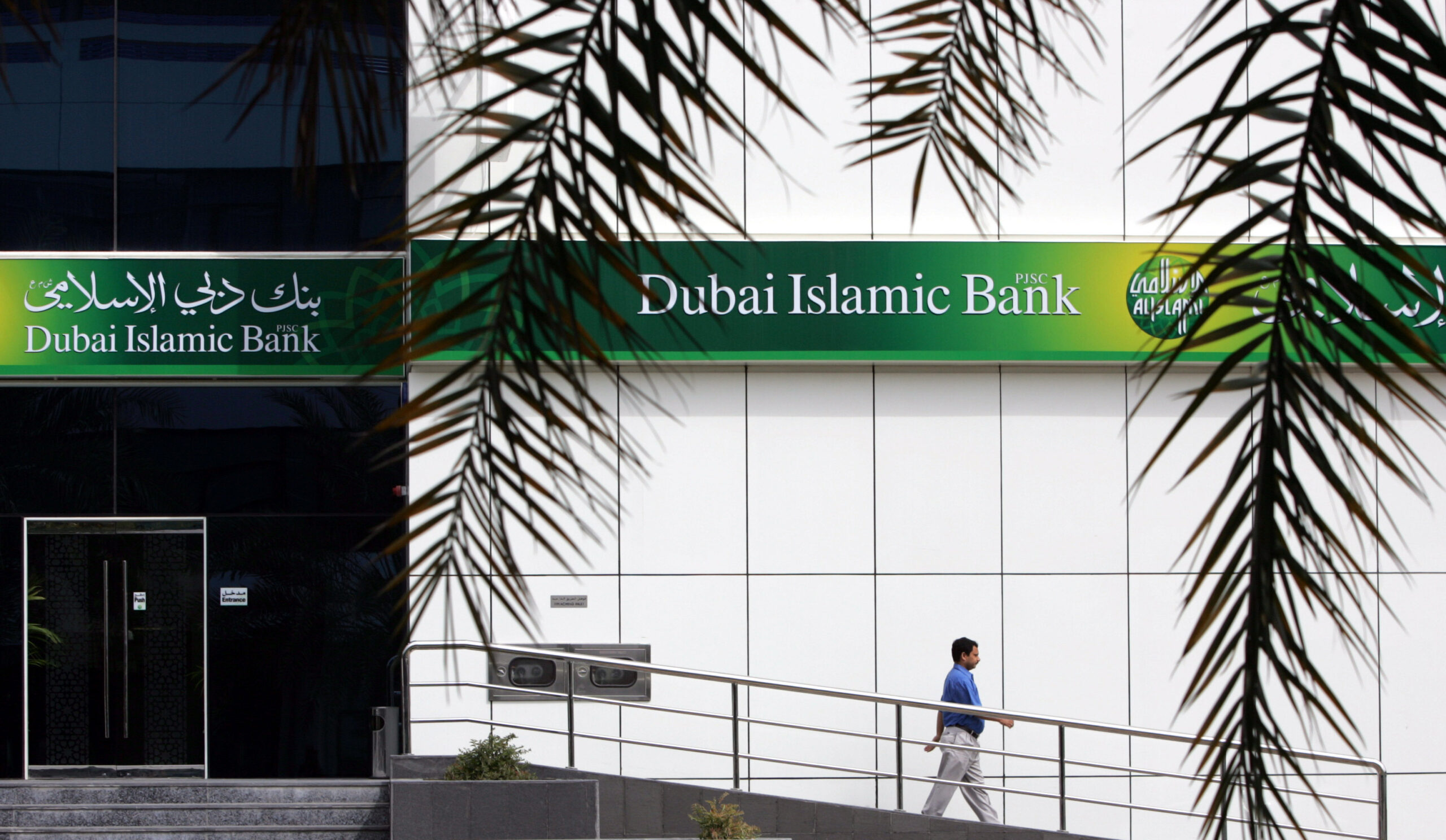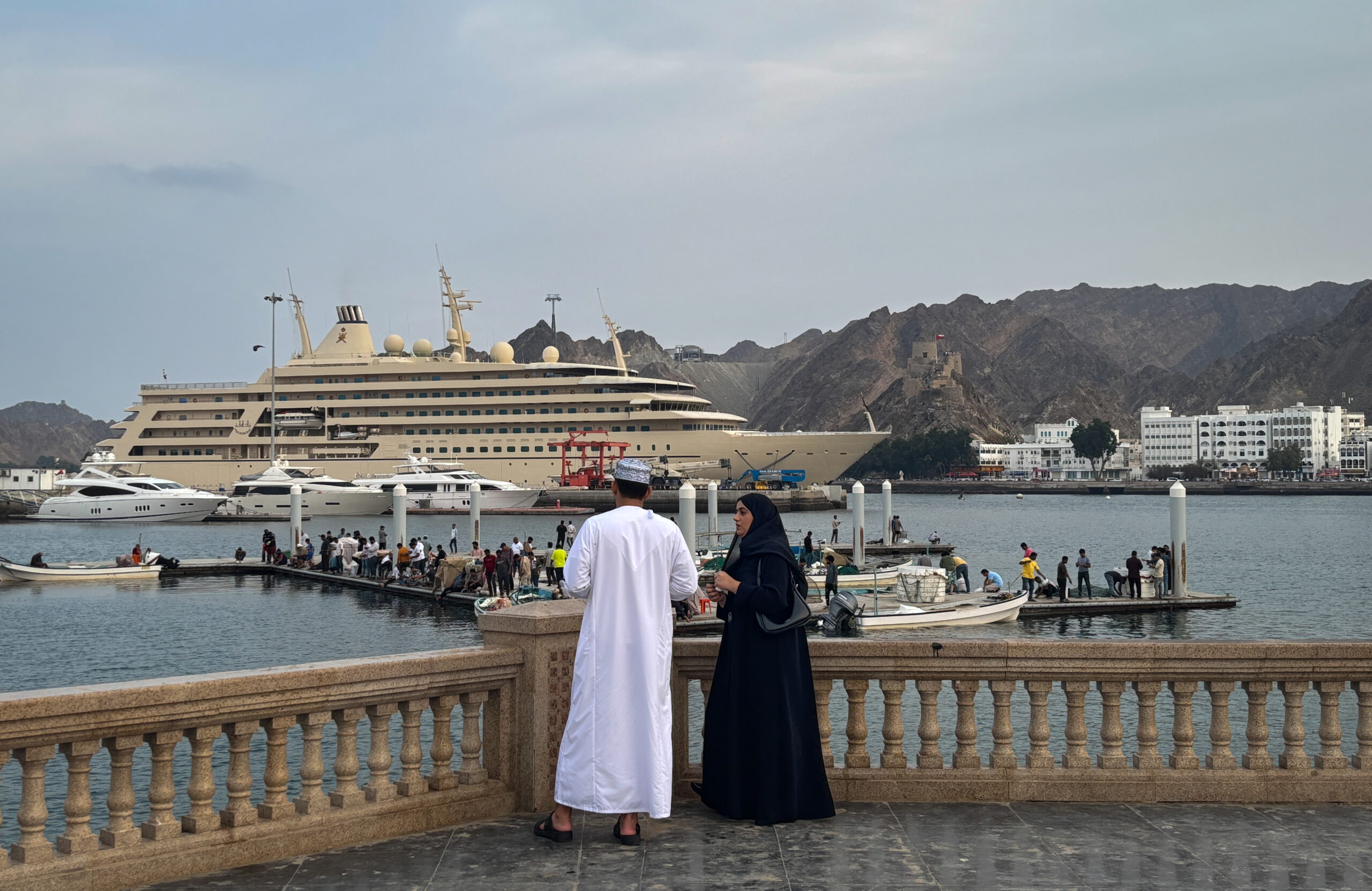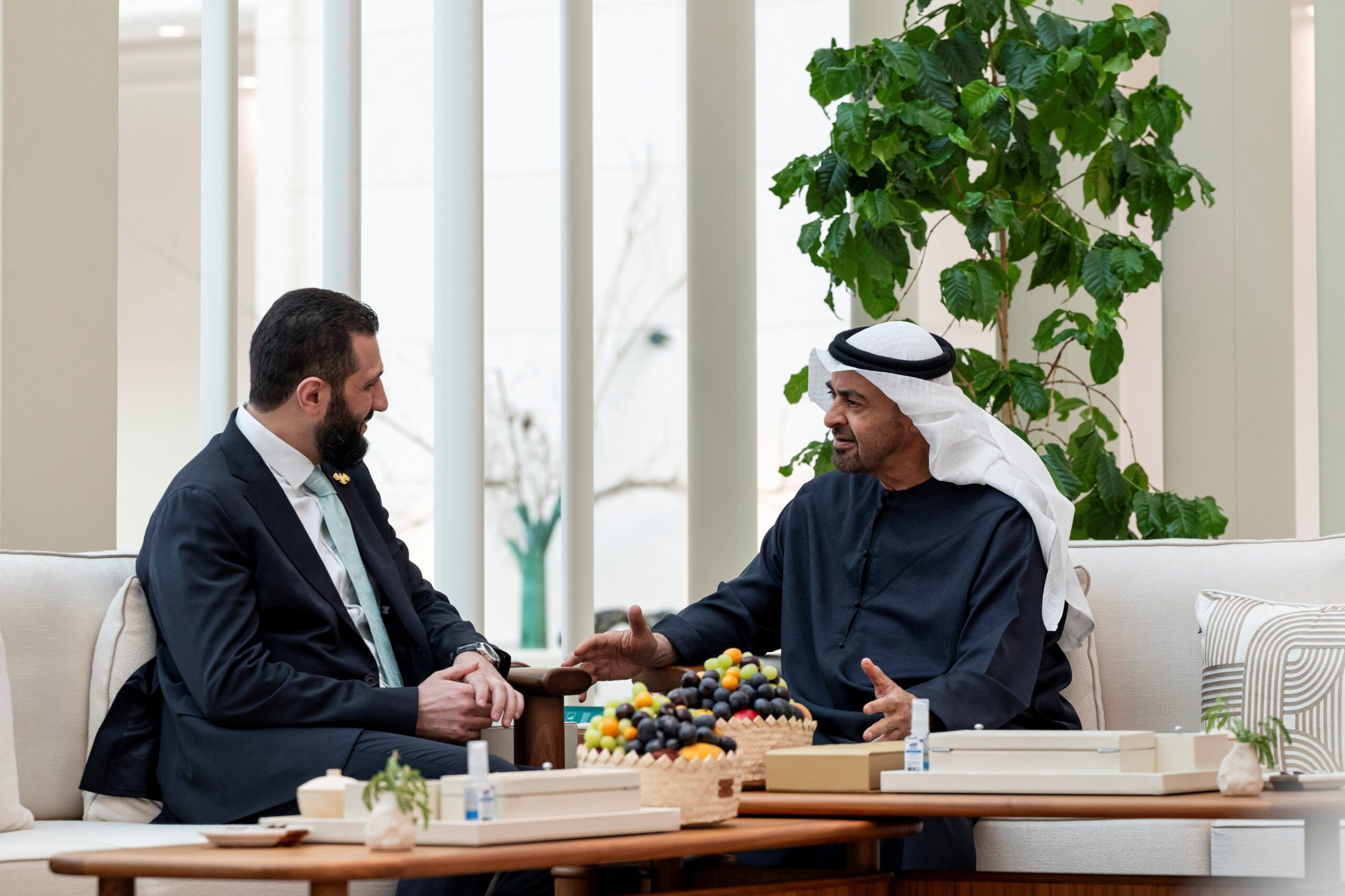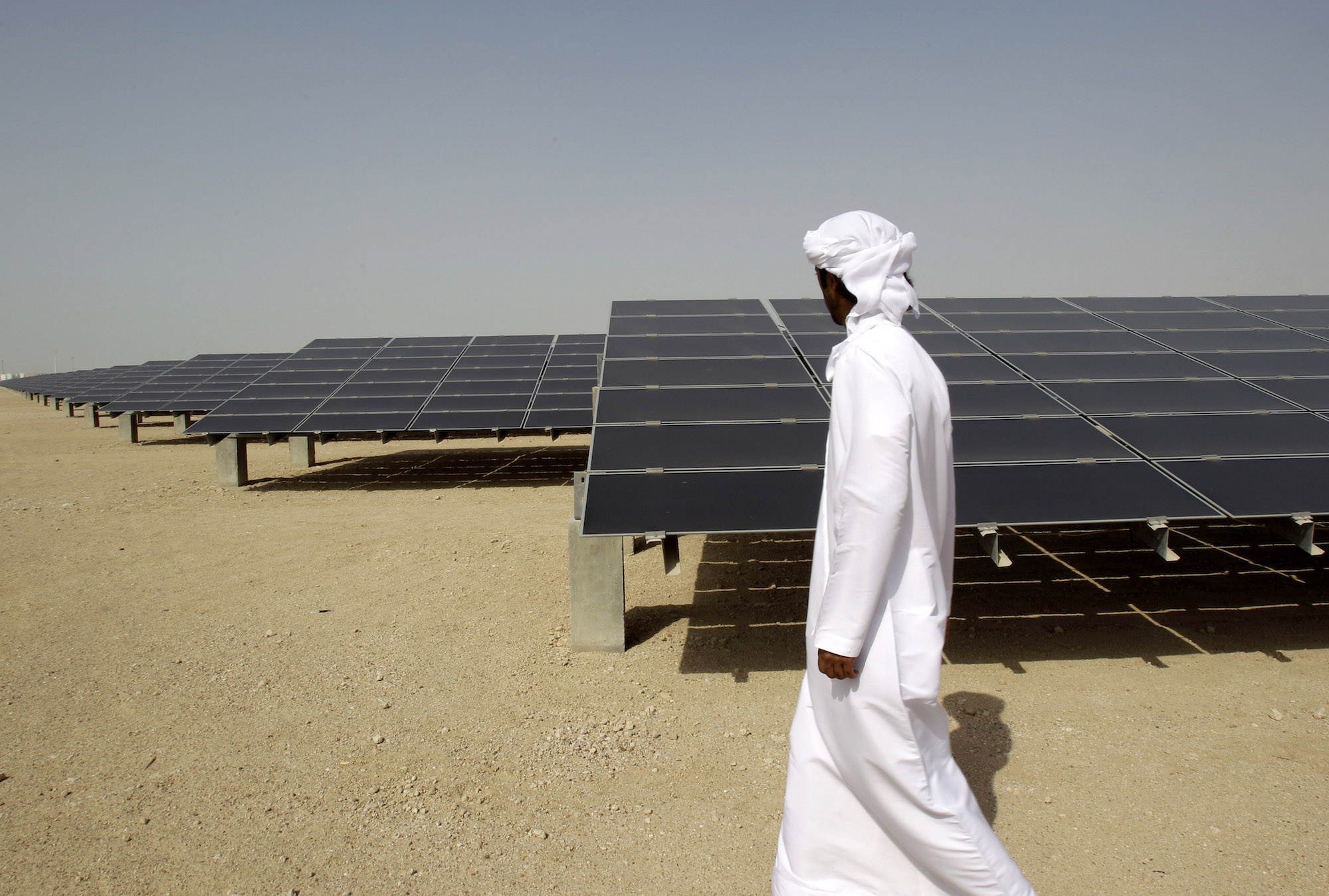Gulf Islamic Finance in a Time of Austerity
Over the next few years, the growth prospects of Islamic banks in the GCC will depend on how they respond to a period of economic slowdown caused by low oil prices and consequent fiscal deficits.

Executive Summary
Islamic finance has grown in importance in most of the Gulf Cooperation Council countries since 2013. Islamic banks now represent more than 25 percent of the banking system in the GCC, and the region’s sukuk (sharia-compliant financial securities) market is the second largest in the world after Malaysia. Over the next few years, the growth prospects of Islamic banks in the GCC will depend on how they respond to a period of economic slowdown caused by low oil prices and consequent fiscal deficits. Such economic developments are expected to have a negative impact on Islamic banking through weakening asset quality, liquidity, and profitability. Indeed, customer deposits represent a crucial source of funding for Gulf-based banks, accounting for 70 to 85 percent of the banking system’s liabilities. Consequently, local banks are expected to face liquidity pressures as governments dip into their bank deposits to finance budget deficits. Further, the weak infrastructure for liquidity risk management in Islamic banking magnifies such pressures. Thus, recent developments signify the need for structural reforms in the Gulf’s financial systems in general, and Islamic finance in particular.
Notwithstanding recent advances in Islamic finance worldwide, there is still room for progress in order to ensure healthy growth and systemic stability. Particularly, the regulatory and supervisory framework for Islamic banking should be harmonized across countries, the process and procedures for issuing sukuk should be standardized, and the infrastructure for liquidity risk management by Islamic banks requires further development. That said, Islamic banks are expected to maintain relatively high levels of growth in the near future given their low base and sizeable market potential. The introduction of financial reforms in the GCC should build on this potential in order to maintain sustainable growth over the long term.
The views represented herein are the author's or speaker's own and do not necessarily reflect the views of AGSI, its staff, or its board of directors.








